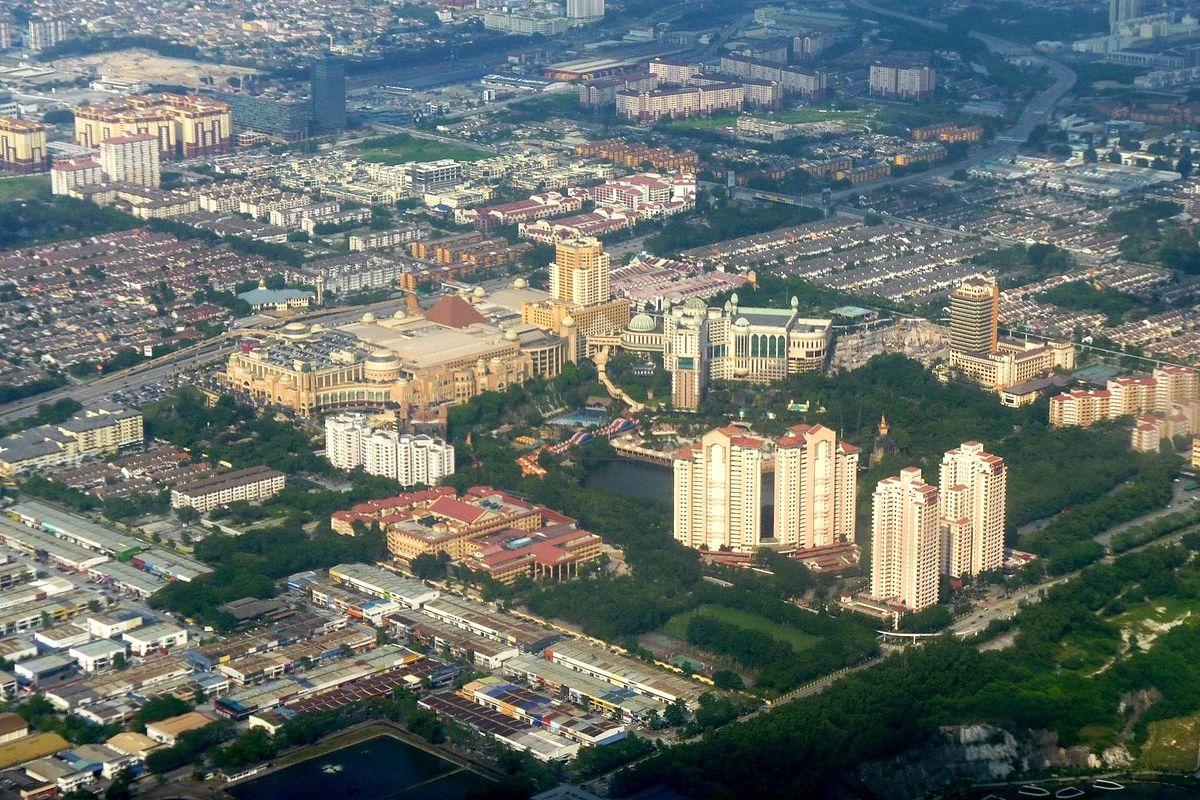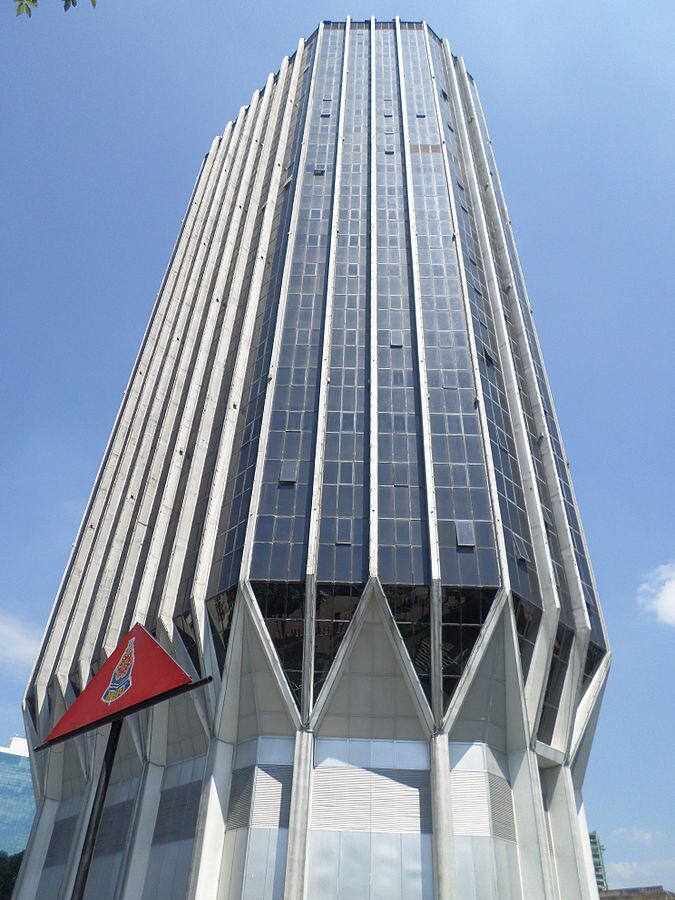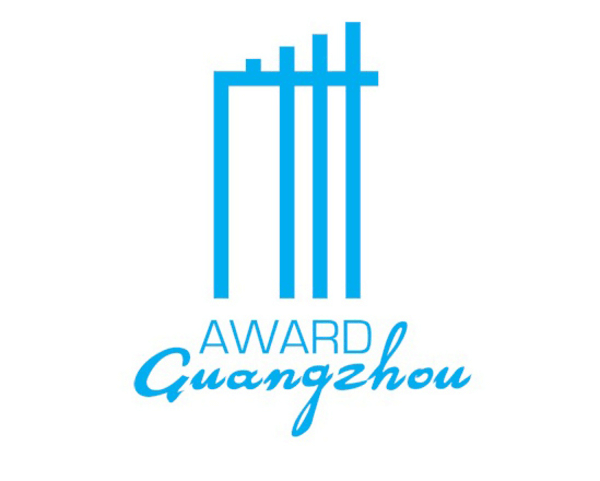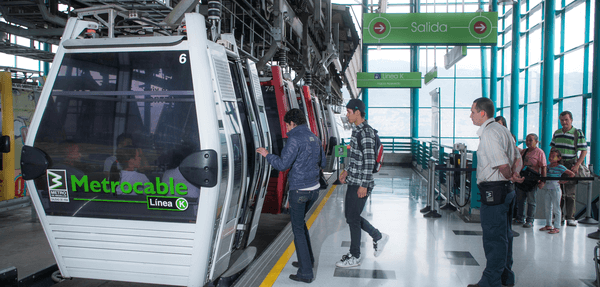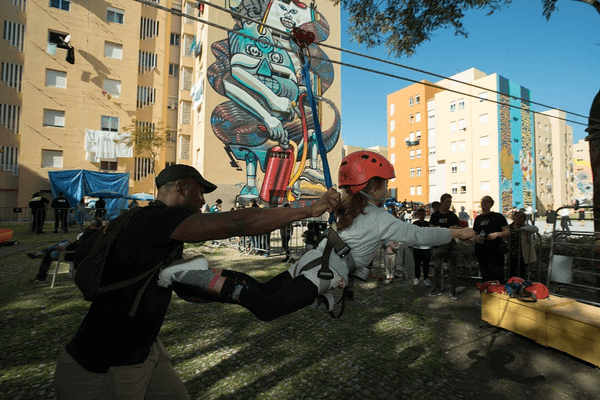City
Petaling Jaya
Main actors
City Government, Private Sector, NGO / Philanthropy, Community / Citizen Group, Public Utility
Project area
Whole City/Administrative Region
Duration
Ongoing since 2010
The Malaysian government has committed to reducing carbon emissions to 40% GDP by 2020. To achieve this target, grass roots participation at community level has been identified as a critical factor. Subsequently, Petaling Jaya City Council has partnered with the Federal government and has implemented a pilot project, Greening The Grassroots, using the Low Carbon Cities Framework and Assessment System. Moreover, Council has provided funding and is fully engaged with the corporate sector, NGO's and the community in planning, implementation and monitoring of the initiative.
The purpose of the Greening The Grassroots programme is to help Petaling Jaya transition into a sustainable city. It has already initiated a change in building codes and policy, so that all buildings with roofing of 100 square metres or more must have a rain water harvest system. Additionally, it has introduced a range of sustainable measures and participatory programmes for business and community.
Guangzhou Award
This project was shortlisted for the 'Guangzhou Award' in 2014 in the following category: Deserving initiative.
External links / documents
On Map
The Map will be displayed after accepting cookie policy
